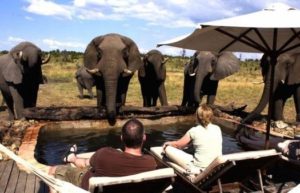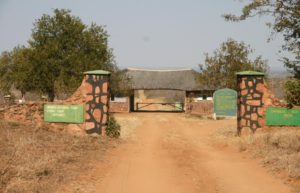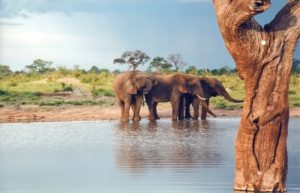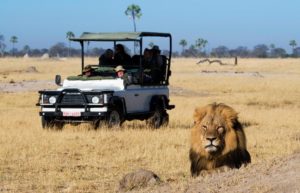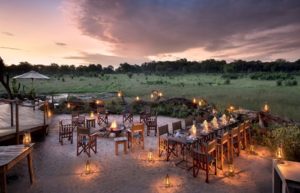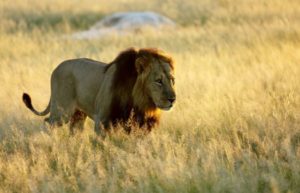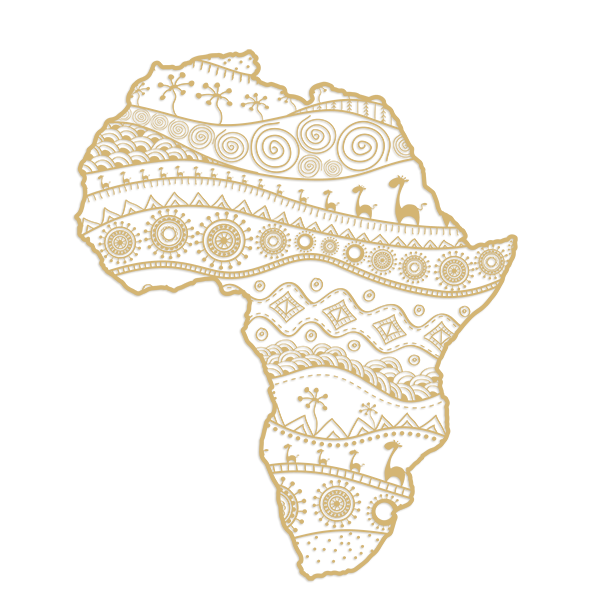
- Profile
- Tour Operators
- Accommodation
- prev
- next
- Get directions
- Call now
- Bookmark
- Share
- Become an influencer
- prev
- next
Overview
Hwange National Park is in west Zimbabwe.
Its grasslands and mopane woods are home to large elephant herds, lions and African wild dogs. In the northwest, animals gather at Mandavu and Masuma dams, where there are concealed lookouts. Bumbusi National Monument includes 18th-century ruins and pre-colonial rock carvings. In the southeast, waterholes include the Nyamandhlovu Pan, with its elevated viewing platform.
Named after a local Nhanzwa chief, Hwange National Park is the largest Park in Zimbabwe occupying roughly 14 650 square kilometers. It is located in the northwest corner of the country about one hour south of the Mighty Victoria Falls.
It became the royal hunting grounds to the Ndebele warrior-king Mzilikazi in the early 19 th Century and was set aside as a National Park in 1929. Hwange boasts a tremendous selection of wildlife with over 100 species of mammals and nearly 400 bird species recorded. The elephants of Hwange are world famous and the Park’s elephant population is one of the largest in the world. The Park has three distinctive Camps and administrative offices at Robins, Sinamatella and the largest one at Main Camp.
Location
-
Hwange, Matabeleland North, Zimbabwe
Vital Park Information
Zimbabwe
14 651 km²
The tap water in some areas of Zimbabwe is fine to drink, and in others it is not. We would recommend you always drink bottled water to be safe during our time away and to eliminate any worry you may have. The three main languages in Zimbabwe are English, Shona and Ndebele.
United States dollar (official for government), South African rand, and many other currenciesa, e.g. Botswana pula (P), euro (€), Chinese renminbi (¥), Indian rupees (₹), pound sterling (£), Australian dollars (A$). Zimbabwean bond coins are used as a proxy for US dollar and cent coins. Zimbabwean bond notes for 2 and 5 dollars were introduced in 2016 at par value of the US dollar.
April, May, June, July, August, September, October, November
July to October, in the Dry season, is the prime time for wildlife viewing in Hwange National Park. The many waterholes become gathering places for animals, while the thinning vegetation makes them easier to spot. Keen birders, however, might enjoy the summer months from November to April when migratory birds are present.
